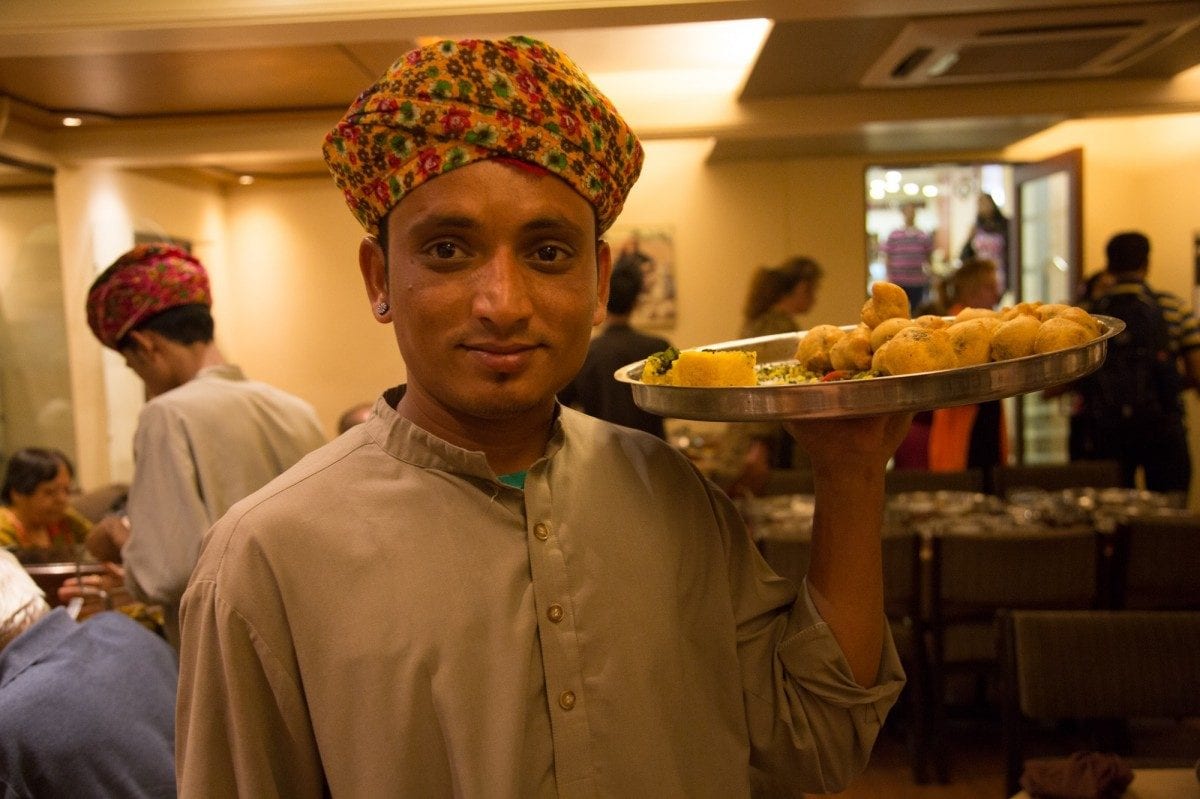
Making a Case for Automation to Shyamu Chacha
I stepped into the kitchen last night to find Shyamu Chacha, our house help for over 2 decades, loading ingredients into the old kneading bowl to make bottle gourd parathas (lauki parathas). Just before he was going to add the water and go to town kneading the mixture, I inquired as to why he wasn’t using the food processor over his bare hands? The ensuing interaction opened my eyes into why most automation products fail.
The first objection that Shyamu chacha had was that he would have to clean the food processor’s bowl after kneading was done. I responded to his question with a question asking if the manual kneading bowl would clean itself after he was done with it? The look on his face told me that I had won round 1 of this interaction and out came the food processor from the cupboard where it was safely being preserved like my mother’s favourite china. I had won the battle, but the war was far from won.
Shyamu chacha started to load all the ingredients into the food processor bowl, complaining under his breath that he could knead the gourd faster than the bowl. I retorted by explaining that the point wasn’t to make the dough faster, but to do other things while the dough was being prepared by the machine. The second objection, cleared.
With the ingredients in the bowl and the processor plugged in, it took a flick of the switch to bring the processor whirring into life. All the house help and I were standing next to the machine looking at the dough being kneaded automatically. Although it was a fantastic sight for the technology nerd in me, for the head of the house help it was an absolute disaster. All the work in the house was now being held up to make dough! Coming to my senses, I dismissed all the staff standing in the kitchen watching, to go back to their work and instructed Shyamu chacha to move on to the next set of steps instead of watching the machine do its work.
This time before Shyamu chacha could have a disgruntled conversation with himself under his breath, I explained how the machine though slower than him (it isn’t) was still effective, as not only did it free up his time for other things, but it’s unlikely to make mistakes like a human might. Therefore, he can get more things done in a lesser amount of time with better consistency than before. It all made sense to him but there was still hesitation. I delved deeper and inquired further into this hesitation. Then came the truth. His real concern was that that the machine would replace his effort and he wouldn’t be considered as valuable anymore. I did not have an answer ready for him and therefore I drank a glass of water and went off to play with my lab, Max. All the while, I was deep in thought about his concern and how best to give him an answer that would relieve him of the thought that the machine was here to replace him.
After composing my thoughts, I approached Shyamu chacha once again. By now, the first parathas had been prepared and the aroma of freshly prepared parathas enveloped the kitchen. I picked up one of the parathas as exhibit 1 to put forth my argument. The point of the paratha making process whether manual, automated or as in this case, semi-automated, was that the parathas were prepared by him – not how they were prepared. Just because the process reduced the amount of manual effort required from him, it did not change the result and the fact that he still needed to be there for the parathas to be made. Therefore, instead of competing with the technology he should look at it as an enabler for him to increase his own productivity.
With the finely knead dough, the parathas were coming out well, and Shyamu chacha looked content with the result, therefore, offering very little resistance to my final argument. However, just like a tiny drop of water, falling on the same spot of a stone, makes a minor yet invisible dent in just one day but a significant indent over a year or decade, I too will have to keep making the argument how important it is to direct our focus on results & productivity instead of efforts and sweat. This isn’t a one-time lesson but a patient and focused effort into a behavioural shift which takes time, money and effort. Despite their best effort, due to a scarce supply of time and money, innovative technologies created by early stage product companies are not easily adopted.
If only, they all had their own Shyamu chachas to understand, why.
37/2018


